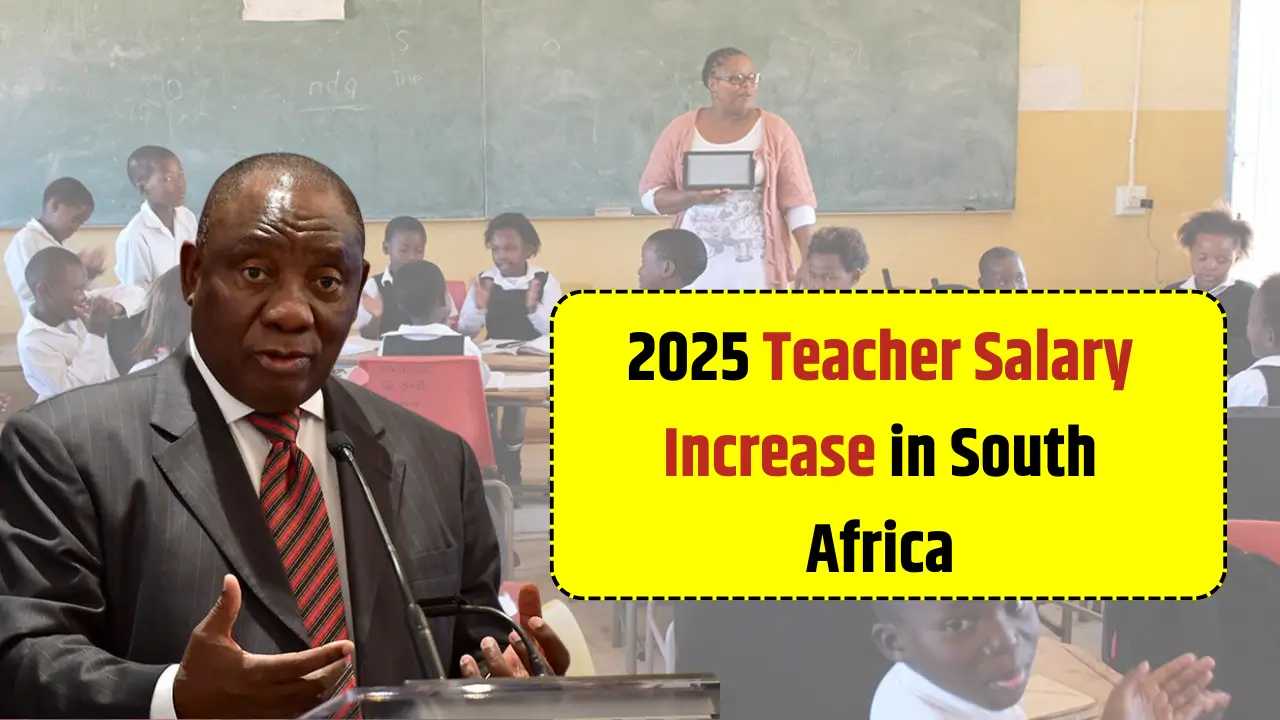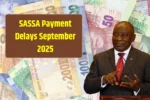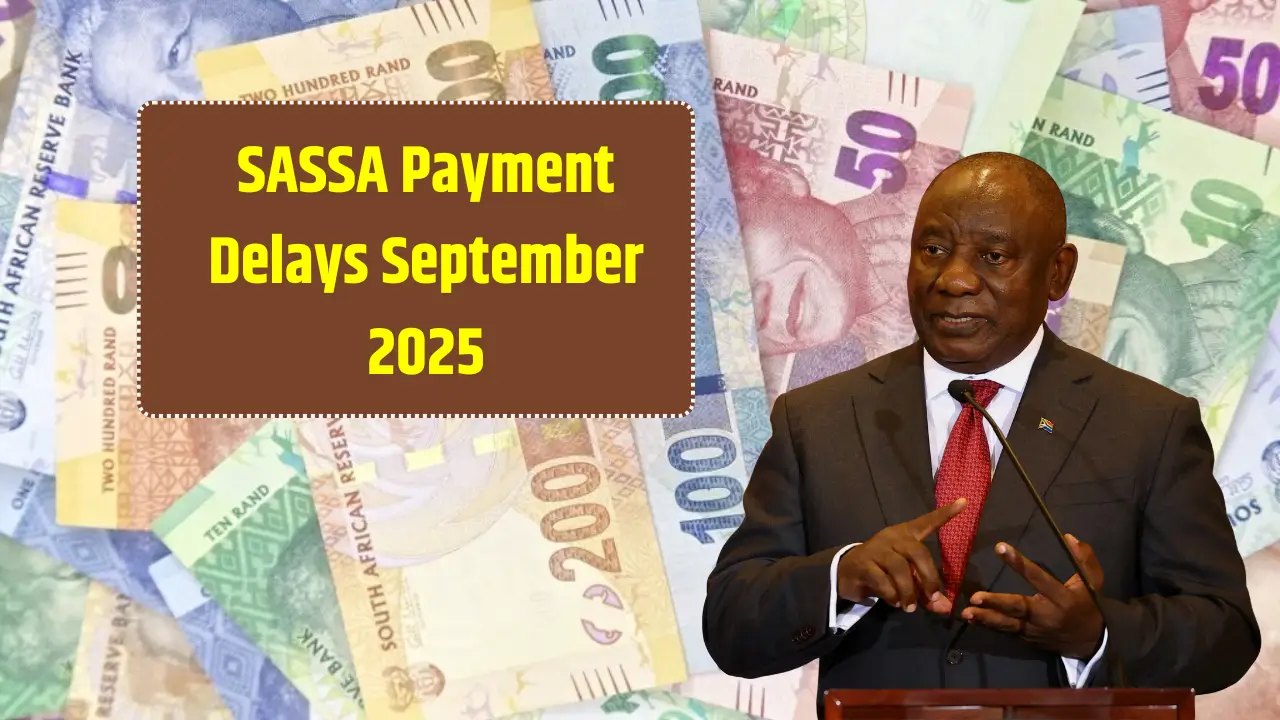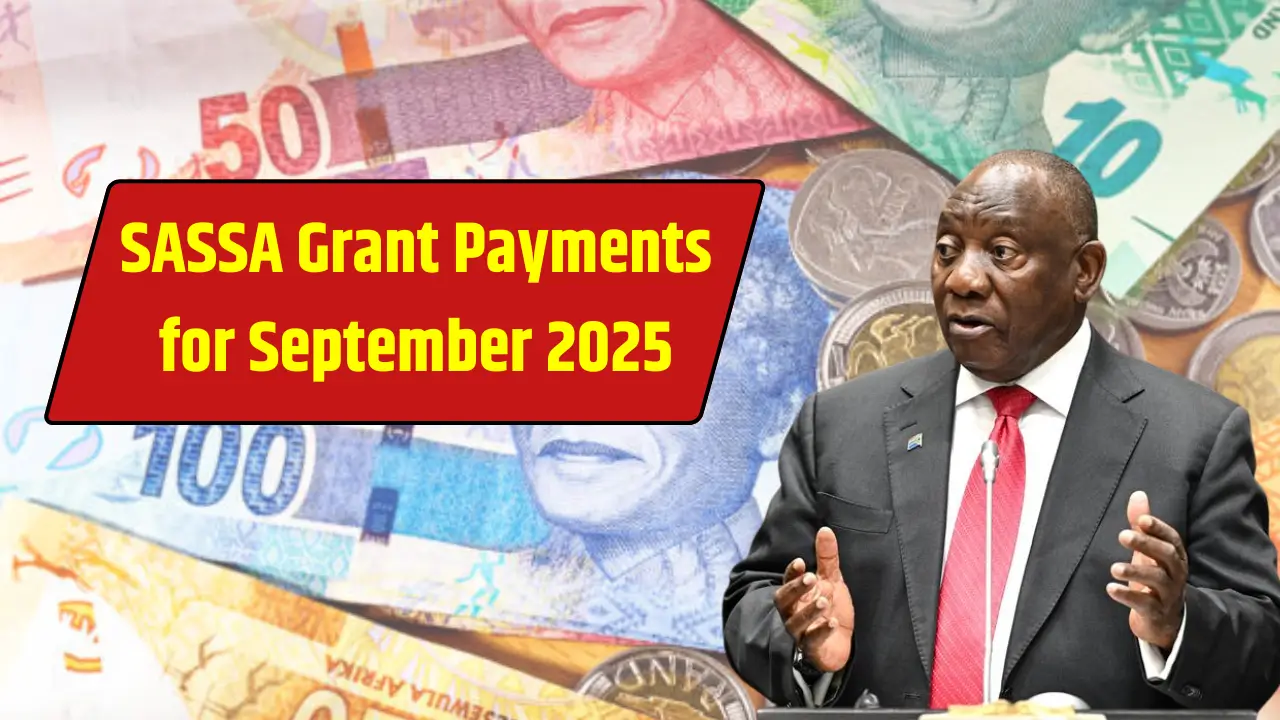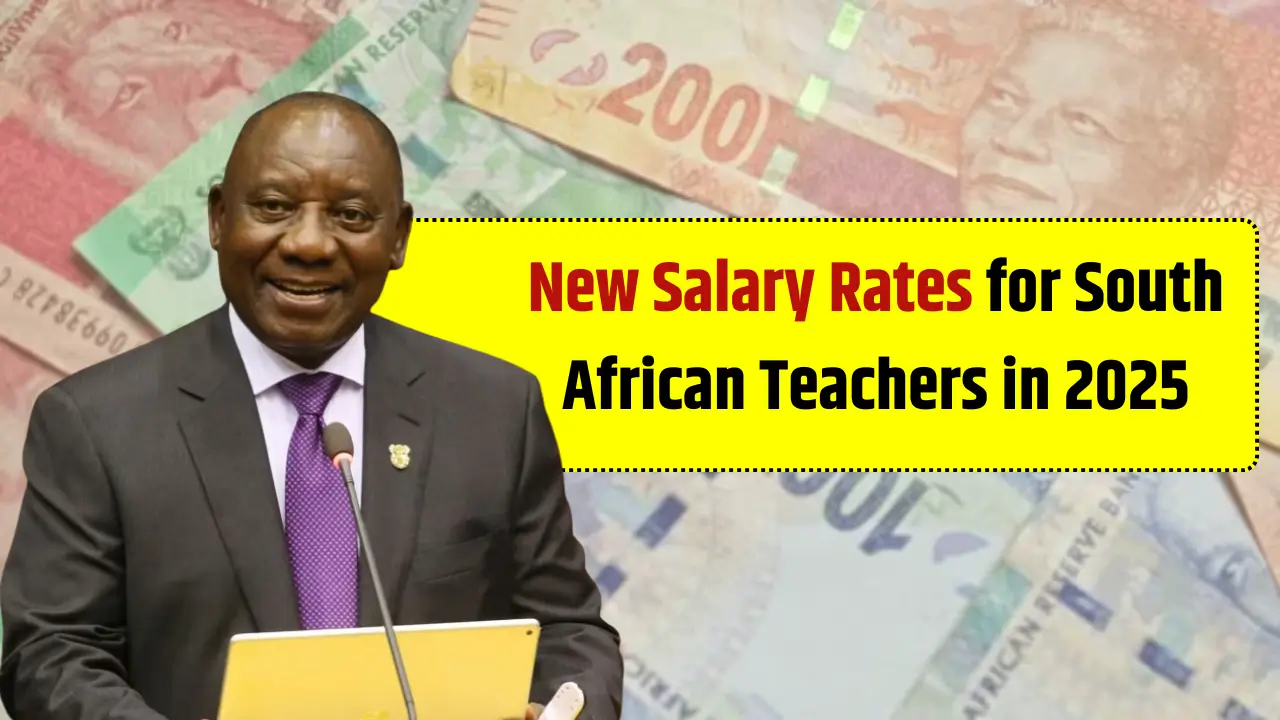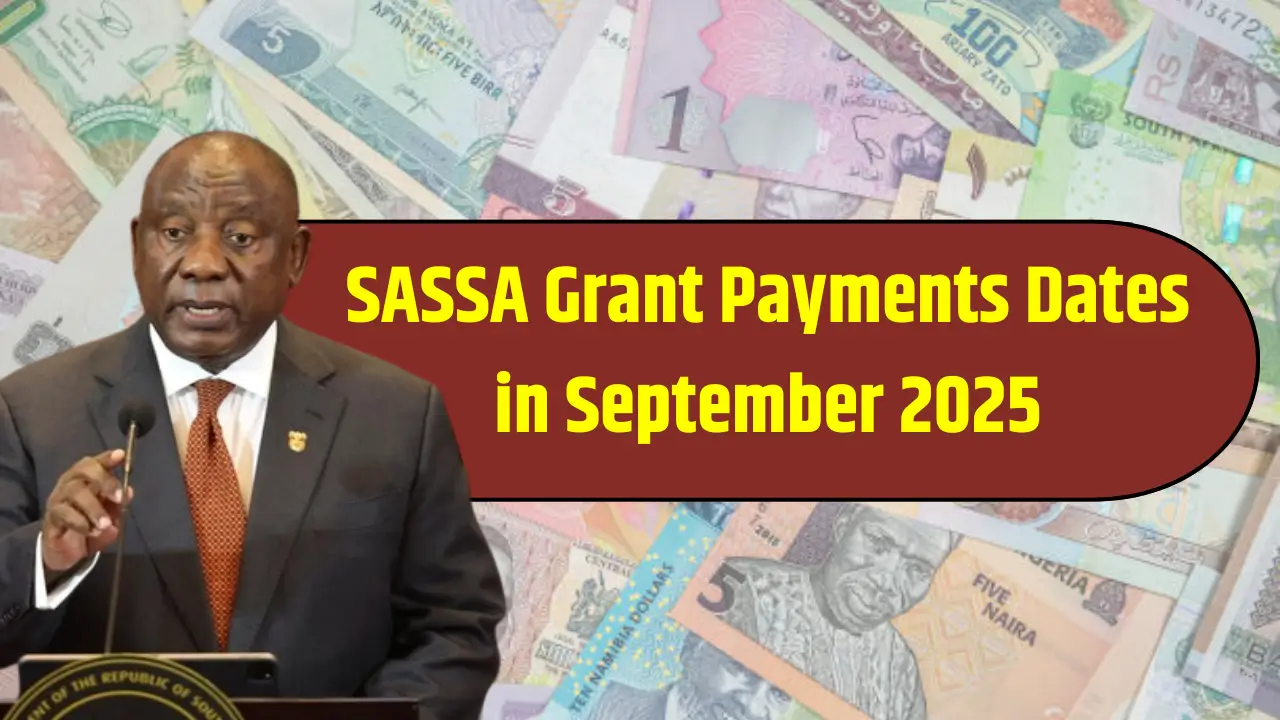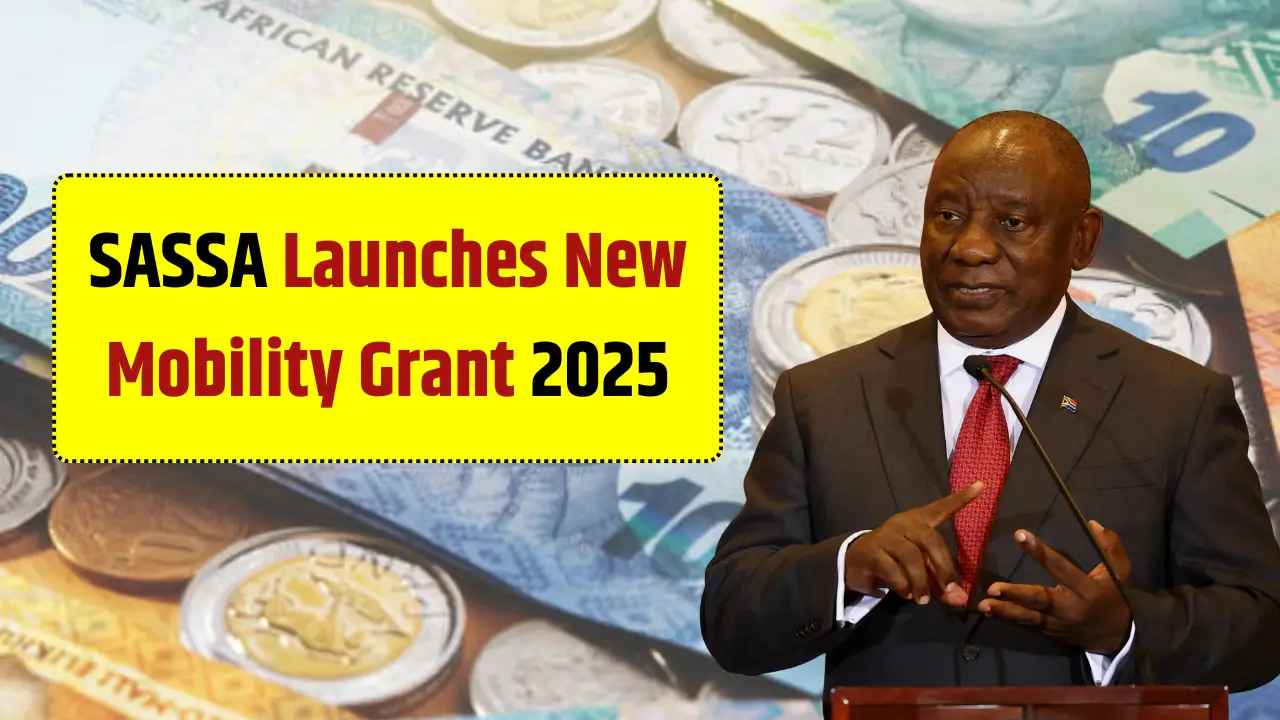South Africa Teacher Salary 2025: In 2025, South African teachers are set to receive a notable salary increase alongside other benefits designed to improve their professional and personal lives.
The wage adjustments come as part of a multi-year agreement that aims to enhance the teaching profession’s attractiveness amid ongoing challenges in recruitment and retention.
This article explores the new teacher salary rates of 2025 in South Africa, the associated benefits, and the prospects for career growth in this essential sector.
Overview of the 2025 Teacher Salary Increase in South Africa
In early 2025, a collective wage agreement was signed, resulting in a 5.5% salary increase for all educators. This increase is retroactively effective from April 2025, meaning that teachers will also receive back pay for salary owed since that date.
The agreement further guarantees incremental increases in 2026 and 2027, marking a sustained effort to progressively improve educator compensation in the public sector.
This rise comes against the backdrop of challenges such as an ageing teacher workforce—where nearly half of South African teachers are aged 50 or older—and a growing demand for qualified educators, especially in subjects like Mathematics, Science, and Information Technology.
The salary increase is an initiative to address retention and incentivize the teaching profession.
New Teacher Salary Rates for 2025
Teacher salaries in South Africa vary widely depending on qualifications, experience, and job level. Here is an overview of the current salaries for different categories of teachers after the 5.5% salary increase applied in 2025:
| Teacher Level | Monthly Salary (ZAR) | Annual Salary (ZAR) |
| Entry-level/Post Level 1 | 12,900 – 15,000 | 154,800 – 180,000 |
| Foundation Phase Teacher | ~11,500 – 13,000 | 138,260 – 156,000 |
| High School Teacher | 21,510 – 25,000 | 258,060 – 300,000 |
| Senior Teacher | ~28,000 – 30,000 | 336,000 – 360,000 |
| Master Teacher | ~32,000 – 35,000 | 384,000 – 420,000 |
| Head of Department (HOD) | Up to 45,000 + | 540,000 + |
Salaries in private schools and special needs education tend to be somewhat lower, whereas senior and management positions command higher pay scales. Experienced teachers with 20+ years can earn upwards of R40,000 monthly, reflecting their advanced expertise.
Benefits Provided to Teachers
In addition to salary increases, South African teachers receive a range of benefits designed to support their welfare:
- Medical Subsidy: Experienced teachers may receive around R3,700 monthly as a medical subsidy, whereas early-career teachers get a smaller amount, about R1,800.
- Housing Allowance: Teachers receive housing subsidies to assist with accommodation costs, which can range from approximately R750 to R1,998 monthly based on experience and role.
- Pension and Retirement Benefits: Teachers contribute to and benefit from the Government Employees’ Pension Fund (GEPF), which includes retirement packages and annual pension increases.
- Insurance and Other Allowances: Additional benefits include insurance schemes and other subsidies aligned with public service employment conditions.
These benefits form an important part of the total compensation package for South African educators, helping to ease the financial challenges of the profession.
Career Growth and Development Opportunities for Teachers
South Africa has implemented several reforms targeting teacher career progression and professional development. The career model offers multiple pathways for advancement:
- Annual Salary Increases: These are often tied to performance appraisals, allowing teachers to move up salary notches based on merit and experience.
- Career Ladder: Teachers can progress both vertically (increasing responsibilities and pay) and horizontally (acquiring specialised skills or teaching additional subjects).
- Leadership Roles: Experienced educators can take on leadership positions such as Head of Department (HOD), which come with higher salaries and responsibilities.
- In-Demand Subject Specialisations: Teachers specialising in subjects like Mathematics, Science, and Technology are more likely to find career advancement opportunities given the high demand for these skills.
Due to the looming shortages caused by retirements, there is a strong demand for qualified teachers, making teaching a career with good long-term prospects in South Africa.
Challenges Remaining in the Teaching Profession
Despite these improvements, the teaching profession in South Africa continues to face challenges:
- Shortage of Teachers: Especially in rural areas, qualified teachers are leaving for better-paying opportunities or retiring, creating workforce gaps.
- Workload and Resource Constraints: Many schools face overcrowded classrooms and limited teaching materials, increasing the burden on educators.
- Salary Competitiveness: Although increases are planned, teacher salaries remain lower when compared internationally, which affects recruitment and retention.
Efforts to address these issues continue, with salary increases and career reforms serving as important steps to retain and motivate teachers.
FAQs
Q1: What is the new salary increase percentage for South African teachers in 2025?
A1: Teachers received a 5.5% salary increase, effective retroactively from April 2025, with additional planned increases for 2026 and 2027.
Q2: How much does a high school teacher earn in South Africa in 2025?
A2: A high school teacher typically earns between R21,510 and R25,000 monthly after the 2025 salary adjustment.
Q3: What benefits do South African teachers receive besides their salary?
A3: Benefits include medical and housing subsidies, pension contributions, insurance, and additional allowances.
Q4: Are there good career growth opportunities for teachers in South Africa?
A4: Yes, South Africa has career progression models including appraisal-based salary increases, leadership roles, and specialisation in in-demand subjects.
Q5: Why is there a teacher shortage in South Africa despite salary increases?
A5: The profession faces challenges such as ageing workforce, resource constraints, and lower international salary competitiveness, leading to difficulties in recruitment and retention.
South African teachers in 2025 are seeing positive changes with salary increments and better benefits coupled with career growth prospects. However, systemic challenges remain that require ongoing attention to ensure quality education for all learners.
The government’s multi-year wage agreement and reforms represent essential steps in supporting and strengthening the teaching workforce.
